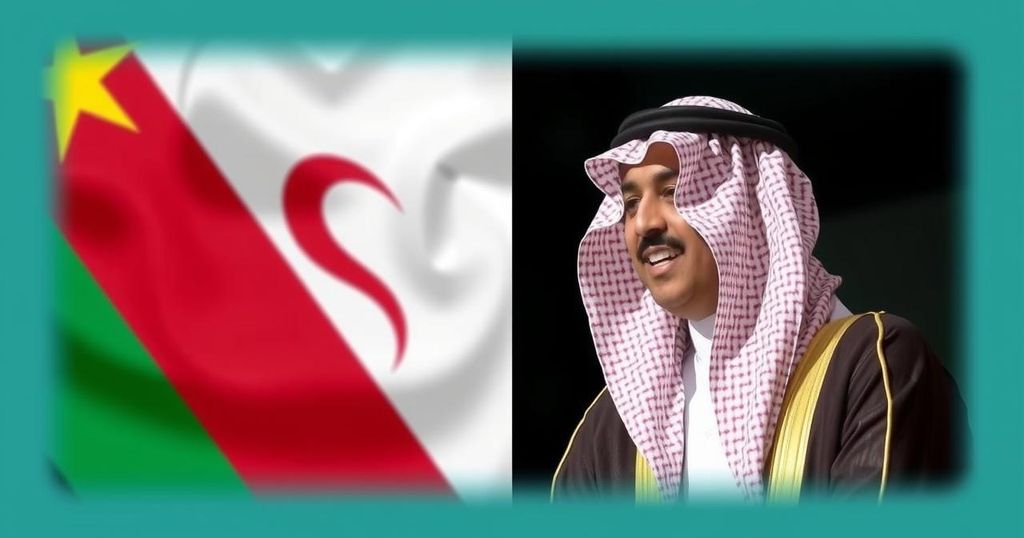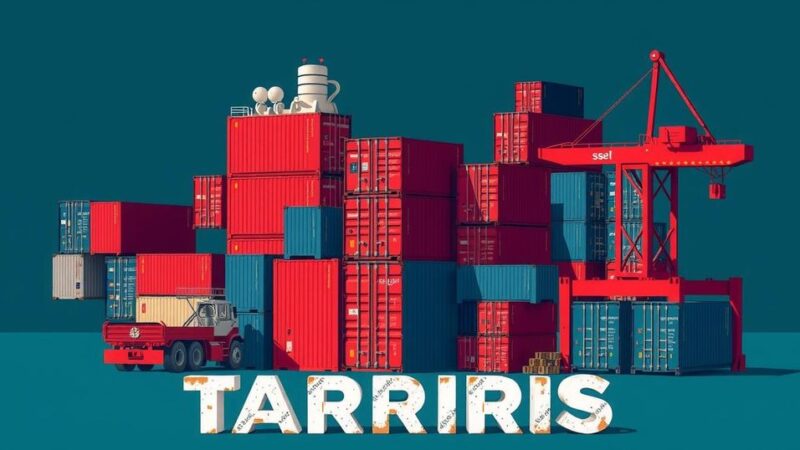Zambia and Saudi Arabia have signed a debt restructuring agreement to reschedule over $130 million of Zambia’s debt, alongside a $35 million loan for a hospital project. The deal aims to foster fiscal sustainability and economic growth, following a similar agreement with France. Zambia’s history of debt management reflects broader challenges faced by developing nations in overcoming fiscal distress amidst economic pressures.
Zambia and Saudi Arabia have entered into a significant debt restructuring agreement aimed at rescheduling over $130 million of Zambia’s debt to Saudi Arabia. The agreement was officially signed in Lusaka by the Zambian Minister of Finance and National Planning, Situmbeko Musokotwane, and Sultan bin Abdulrahman Al-Marshad, Chief Executive Officer of the Saudi Fund for Development. During the signing ceremony, Minister Musokotwane emphasized this restructuring as a pivotal step toward fiscal sustainability and economic growth for Zambia.
He stated, “This bilateral agreement is a result of our constructive dialogue and collaboration, for which we deeply thank the Saudi Fund for Development and its leadership.” Simultaneously, the two nations formalized an agreement for a $35 million loan dedicated to constructing the King Salman Specialized Hospital in Zambia. This restructuring marks a continuation of Zambia’s efforts to stabilize its economy following a similar deal with France on December 8, which also aimed to renegotiate its debt obligations.
Zambia’s debt challenges have prompted assistance from international financial partners, including the International Monetary Fund. The agreement with France was coupled with €16 million in budgetary support to address urgent food security issues exacerbated by drought conditions linked to the El Niño phenomenon.
Zambia’s financial history includes a debt write-off under the Heavily Indebted Poor Countries initiative in 2005, followed by significant investment from Chinese banks in the late 2000s that, while beneficial for its economic growth, led to rising debt levels and interest obligations culminating in a sovereign default in December 2020. The ongoing restructuring process under the G20 Common Framework has faced critiques, particularly concerning its ability to efficiently facilitate debt relief for low-income countries.
The Center for Global Development has noted that Zambia’s arduous negotiations for debt restructuring lasted over 3.5 years, exposing systematic weaknesses within the Common Framework that may hinder future debt management efforts among similarly positioned countries.
The debt restructuring deal between Zambia and Saudi Arabia represents a crucial effort to manage Zambia’s financial obligations effectively amidst significant economic challenges. Over the past few years, Zambia has encountered unsustainable debt levels, leading to a sovereign default in December 2020. Past interactions with international economic partners like France and the IMF indicate a concerted global approach toward assisting Zambia in achieving fiscal stability, particularly amid the adverse effects of climate phenomena such as El Niño.
In conclusion, the debt restructuring agreement between Zambia and Saudi Arabia signifies a strategic move toward achieving fiscal sustainability and fostering economic recovery for Zambia. Coinciding with previous negotiations with France and substantial international support, Zambia aims to stabilize its economy while addressing essential public health infrastructure needs through the newly secured loan for the King Salman Specialized Hospital. The implications of these agreements highlight both the potential for recovery and the systemic challenges faced by low-income nations in navigating complex debt frameworks.
Original Source: www.dailynewsegypt.com






